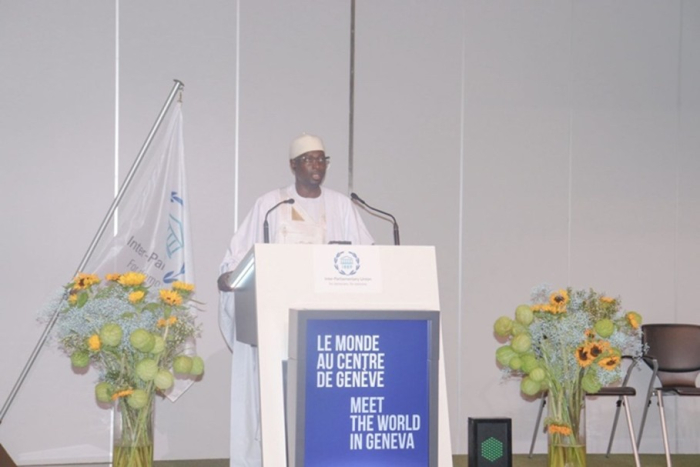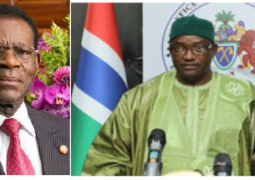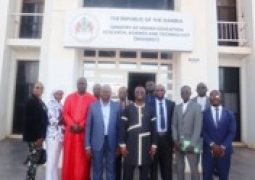
The annual parliamentary dialogue has become a vital platform for legislators across the world to exchange perspectives on global priorities, and to reaffirm our collective duty in advancing democratic governance and human rights through parliamentary action.
Officials said this year’s event, held under the theme “Beijing +30: Parliaments Leading the Way,” centred on a defining question of “our time — how far we have come, and how far we still must go", in achieving gender equality and women’s empowerment.
“Women and girls should not have to ask for their rights — those rights are intrinsic to their humanity,” he continued. “The struggle for equality cannot be won without men standing shoulder to shoulder with women. And as parliamentarians, we must ensure that history remembers us not as bystanders, but as champions who used the power of our voices and our votes to protect the most vulnerable.”
The event featured a distinguished panel including Ms Cynthia López Castro, President of the Bureau of Women Parliamentarians; Lord Fakafanua, Speaker of the Parliament of Tonga; Mr Martin Chungong, IPU Secretary General, and Ms Nahla Haider, Chairperson of the UN Committee on the Elimination of Discrimination against Women.
Together, they reflected on the journey since Beijing — one marked by courage, progress, and persistent challenges. Discussions highlighted that while gains have been made, women remain underrepresented in political leadership, and systemic barriers continue to hinder full equality.
“We were reminded that where there is committed leadership, there is a way,” said one participant. “Progress has always been driven by those who strategise, build momentum, and refuse to accept inequality as inevitable.”
The gathering served not only as a commemoration but as a renewed pledge to transform the ideals of Beijing into concrete legislative action. Parliamentarians called for gender equality to be embedded in national budgets, leadership cultures, and legal frameworks.
As the world looks ahead, the message from New York was clear: the time for rhetoric has passed. The time for action is now.
Read Other Articles In Headlines
Man who allegedly hacked wife disputes police recovery of key exhibit from his house
Feb 10, 2026, 11:17 AM




